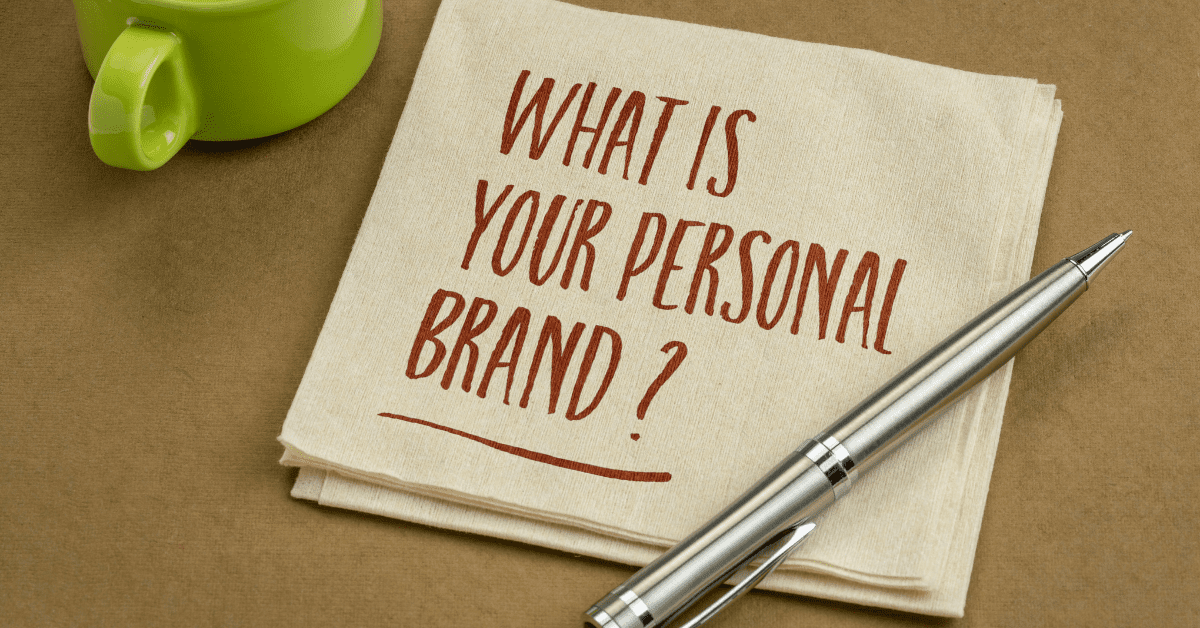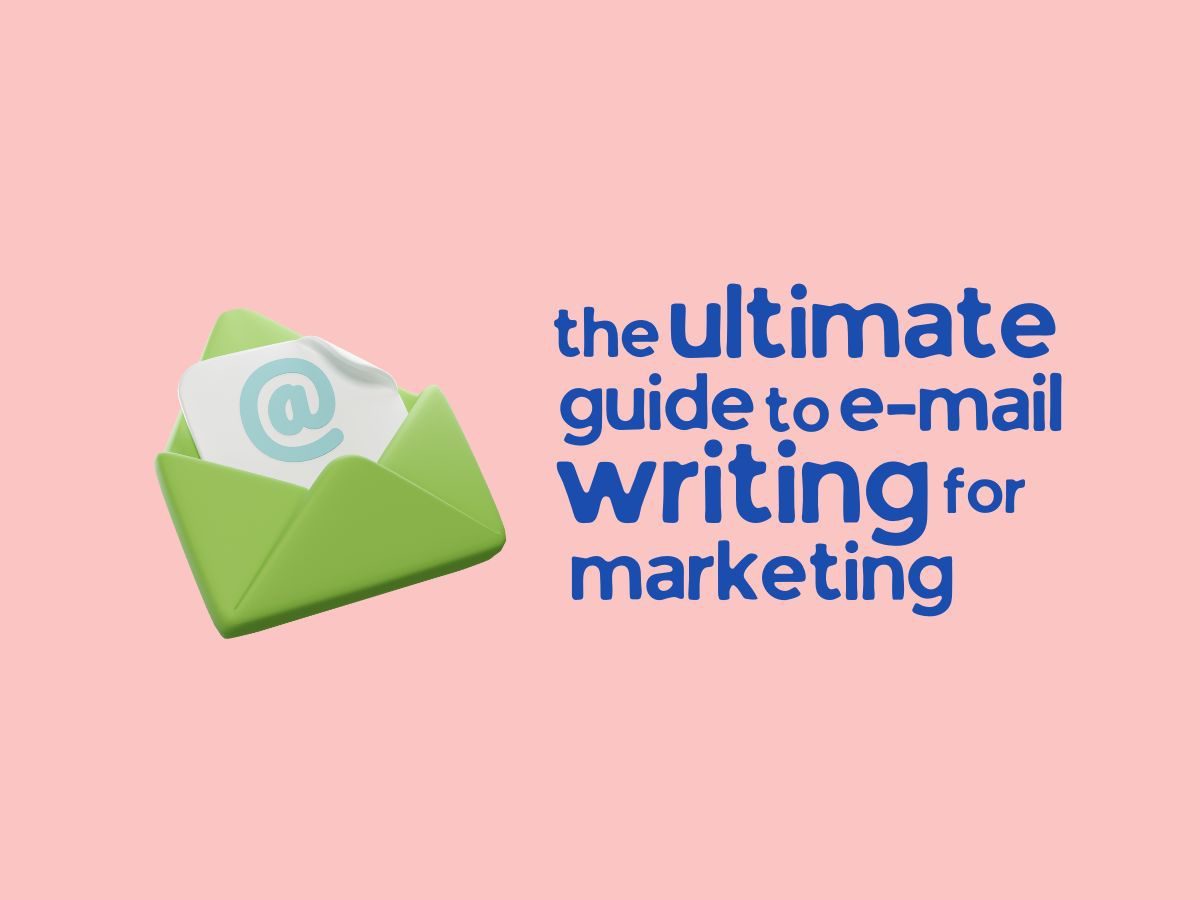What is data protection?
Data protection is the process of safeguarding important information, aiming to minimize business loss by guaranteeing data integrity and availability. Data protection strategies usually consist of a combination of data backup, disaster recovery, and business continuity techniques, and elements like cybersecurity management, ransomware prevention and regulation compliance among others. Protecting data from compromise and restoring data after corruption are the main goals of data protection.
What are the threats?
Here are four situations in which a data protection strategy would come in handy:
1. Media failure
Data protection’s goal here is to make data available even if a storage device fails. This can be accomplished with synchronous mirroring, RAID protection, erasure coding or replication.
2. Data corruption
If data is corrupted or accidentally deleted it can be restored with snapshots or clean copies of data from a storage system at particular points in time. Most storage systems in today’s time can track so many snapshots without any effect on performance. When data is corrupted or deleted a snapshot can be mounted and that data can be restored almost instantly.
3. Storage system failure
Replication technology on top of snapshots helps protect against multiple storage drive failures. With snapshot replication, only changed blocks of data are copied to secondary storage systems that are available if the primary storage system fails.
4. Data center failure
Protection against the loss of an entire data center requires a full disaster recovery plan. Snapshot replication is one replication method that can be costly. Cloud services are another alternative, offering replication and backup products and services that facilitate rapid recovery in the event of a data center loss.
GDPR or the General Data Protection Regulation is described as the biggest milestone in data protection laws, in a generation giving ordinary people unprecedented control over the information companies hold on us. It is all about data rights and privacy to protect individuals.
What’s the reason for the new law?
Today nearly every part of your life can be digitized and tracked. Every picture, every journey, every purchase, and even more of your personal information is collected, stored, and traded by companies and governments. The new GDPR covers things that could identify us – your name, contact details, location of your computer, and personal data. From now on organizations will have to prove they have a lawful reason for holding that kind of data. And more importantly, showing that they keep it safe.
What’s with all the emails?
Companies need to prove your consent if they want to keep information about your name and email address on their system. That’s why everyone’s inbox is bursting at the moment. But some experts don’t think companies need to send all their users’ emails at all. In some cases, companies who are contacting might be acting illegally because if a company can’t already prove consent, they shouldn’t be emailing you to confirm your details.
If you don’t reply to the emails, then that company should delete your information from their system. It is not surprising that businesses are nervous about GDPR. The potential penalties for firms are massive – Up to 4% of a company’s annual turnover. This serious legislation is supposed to empower the people who give companies their data.
What new powers do people get by GDPR?
If a company has to ask for permission to store your data then they will have to be much more upfront about it. If a database of a site you use is hacked, and the information is stolen, then the organization that was storing information will have to tell you about the hack within 3 days and you now have the right to see your data.
What does the new GDPR law do?
The UK government says that it will bring the EU regulation into British law – regardless of how the BREXIT deal pans out. But millions of people outside of Europe are going to be affected as well. Because companies that have operations in European countries all have to sign up to the rules along with organizations based outside of Europe that store data of EU citizens. So GDPR is something, that could affect the way, the whole world thinks about data.
GDPR is supposed to stop data breaches. Facebook has already said that they are going to apply the EU rules to all of their users around the world. Mark Zuckerberg said the social media giant needed to regain users’ trust after the Cambridge Analytical scandal in which the company was accused of using personal data from Facebook users, harvested without their consent, to try and influence elections.
Tips to get your company GDPR complaint
- If you are collecting emails which most websites are doing, go and email these people promotional offers, even though they bought just one product from you. Because people are checking out and buying one product, it doesn’t mean that they are opting into continually getting emails from you.
- Someone is coming to your website within the EU, have a little notice, at the bottom of your site, and you can talk to a lawyer to figure out the right text, something around, this site uses cookies to provide a better experience. They can either click the accept button or the deny button. If you don’t want to use the deny button, then there is a button that says learn more, and that takes them to the privacy policy.
- In your privacy policy, let people know what tracking solutions and third-party services you are using. Let them know how long the cookies will last if you are using an email solution or if you are using analytics like Google Analytics, let them know when they can opt-out, out and how to delete their data, because that way if the user doesn’t want to be tracked, they can opt-out.
And with that we arrive at the end of the post, we hope you learnt something new regarding Data Protection, why it’s so crucial and how you can do it too. Make sure to follow us on our social media handles below and we’ll catch you in the next one.




















